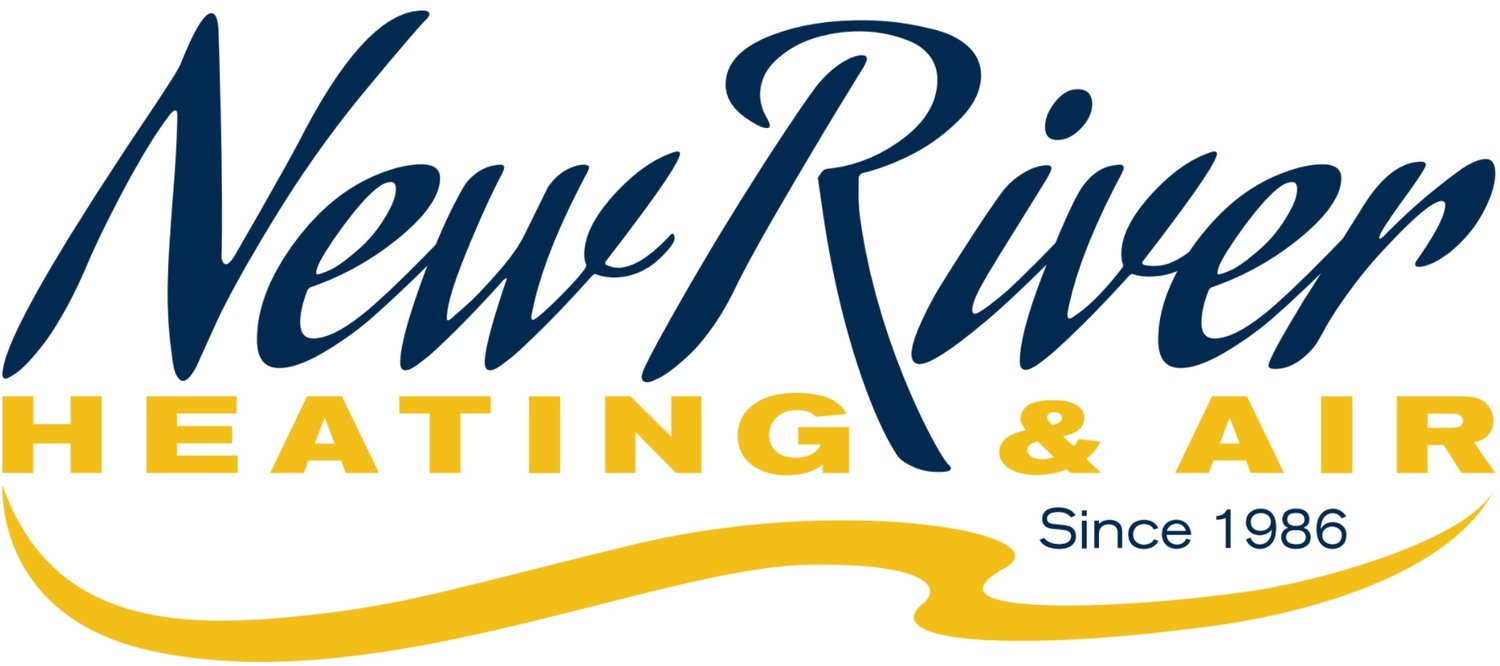An Overview of the 2024 HVAC Tax Credits and Rebates in Virginia
Installing a new energy-efficient HVAC unit is a great way to save money in the long term. The only problem is that installing a new furnace, air conditioner or heat pump is always fairly expensive. The good news is that there are a variety of tax credits and rebate programs that you may qualify for when installing a new HVAC unit, and this guide will explain what they are and what types of equipment qualify.
Federal HVAC Tax Credits
When Congress passed the 2022 Inflation Reduction Act, they set up a new tax credit program designed to incentivize homeowners to install new high-efficiency HVAC units. This program went into effect at the start of 2023, and the tax credits are currently set to be available until the end of 2032. The program will actually last for at least a few years after 2032, but the amount that homeowners can qualify for will begin decreasing each year after 2032.
The program allows homeowners to earn a tax credit that can be worth up to 30% of the total cost of installing a new HVAC unit that meets certain energy efficiency requirements. The new unit must be ENERGY STAR-rated to qualify. The minimum efficiency requirements for a unit to qualify for an ENERGY STAR rating usually change each year so it is likely that a unit that currently qualifies for a tax credit may not qualify next year. Another thing to note is that if you were to install a unit before you file this year's taxes, you still won't be able to claim the tax credit until next year.
Although the credit can potentially be worth 30% of the total installation cost, there is a maximum value that you can earn when installing different types of units. Gas furnaces and traditional central air conditioners can each qualify for a credit of up to $600. However, this part of the program allows homeowners to earn a credit of up to $1,200 per year, so you could qualify for the total amount if you were to install both a furnace and an AC unit in the same year.
The second part of the program covers heat pumps and biomass boilers, and each of these can qualify for a credit of up to $2,000 per year. Heat pump water heaters can also qualify for a $2,000 tax credit. However, the maximum that you can claim in one year under this part of the program is still only $2,000 total. Another important stipulation that you need to be aware of is that only units that are installed by a licensed, certified HVAC company are eligible to earn you a tax credit.
You also need to have documentation proving that your new unit meets the minimum energy efficiency requirements to be eligible under the program. You usually won't be required to submit this documentation along with your tax return, but you still need to make sure that you have it. If your tax return gets audited and you can't prove that your unit meets the requirements, the IRS will likely deny your claim and you won't receive the credit.
State HVAC Rebates
The Inflation Reduction Act also established an HVAC rebate program and allocated funds to every state that chose to opt into this program. While Virginia is one of the states that opted in, the state is still working with the federal government to finalize the details of the program and won't receive funding for the program until everything has been finalized.
As of now, the Virginia Department of Energy expects that the program will start sometime in early 2025. This rebate program is only available to low- and middle-income families whose total annual income is under 150% of the median income in their area. Families whose income is under 80% of their area's median income will qualify for an $8,000 rebate for installing an ENERGY STAR-rated heat pump. Families whose income is between 80% and 150% of their area's median income will be eligible for half the amount.
Energy Provider Rebates
Most utility companies and energy providers like Appalachian Power also offer their own rebate programs for their customers who install certain types of HVAC units. While these rebates are typically not worth more than a few hundred dollars, they can still save you additional money on your HVAC installation. Since these rebates vary from one energy provider to the next, it's best to contact whichever utility company you use to see what rebates may be available to you and what their specific qualifying requirements are.
With more than 30 years of experience serving customers in Radford and the New River Valley, New River Heating & Air is the contractor to trust for all of your HVAC installation needs. We carry a wide selection of ENERGY STAR-rated units and will help make sure that you qualify for whatever rebates and tax credits are available. We also offer expert heating and air conditioning repairs and maintenance, so give us a call for any of your home comfort needs.
